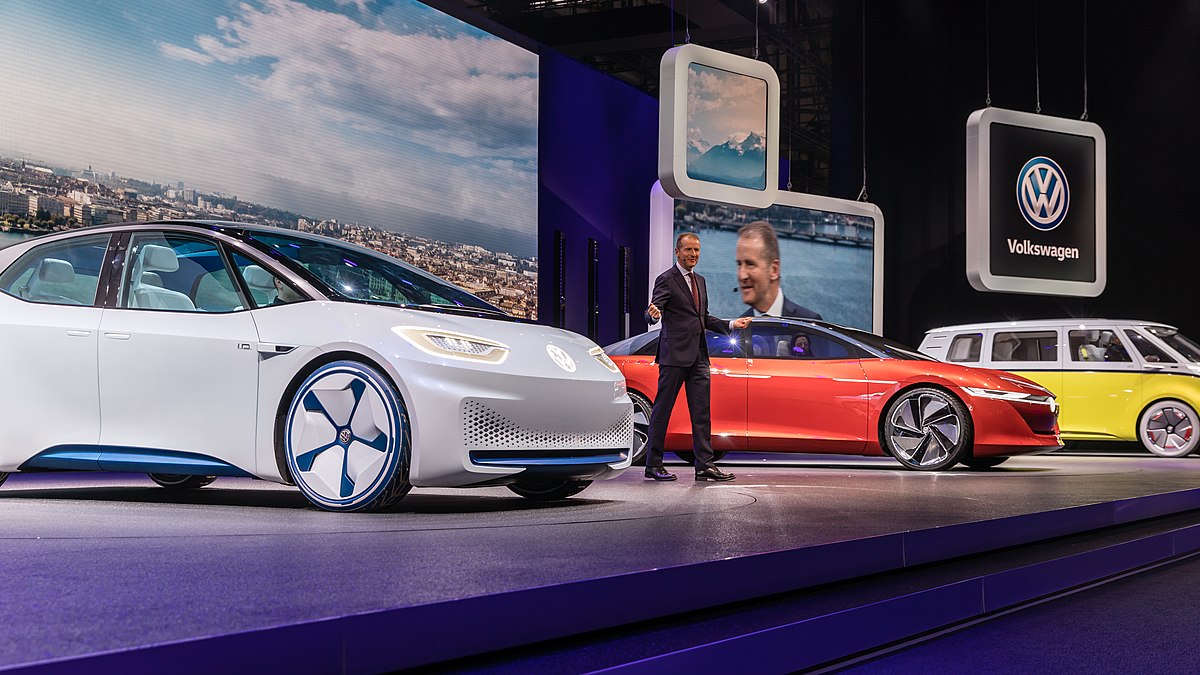What do you think of the BMW i3 range extender version as an everyday car? My wife wants an easier car to drive than the A2 (?!) and I can get a used i3 REX for about £15k. Some of you have direct experience of the i3.
- Is it a BMW? Does it handle and perform similarly to its stable mates?
- Is the electric range adequate - we live about 30 miles outside of Edinburgh
- Does the range extender engine fully ensure you have adequate range for say touring in remote Scotland or will I be left desperate for electric charge or a petrol station
- Is it quality? £15k is about 5 times more than a decent A2
- Is it cheap to run?
- We have solar panels on the roof - will this make charging even cheaper?
- Any problems or concerns I should consider?

